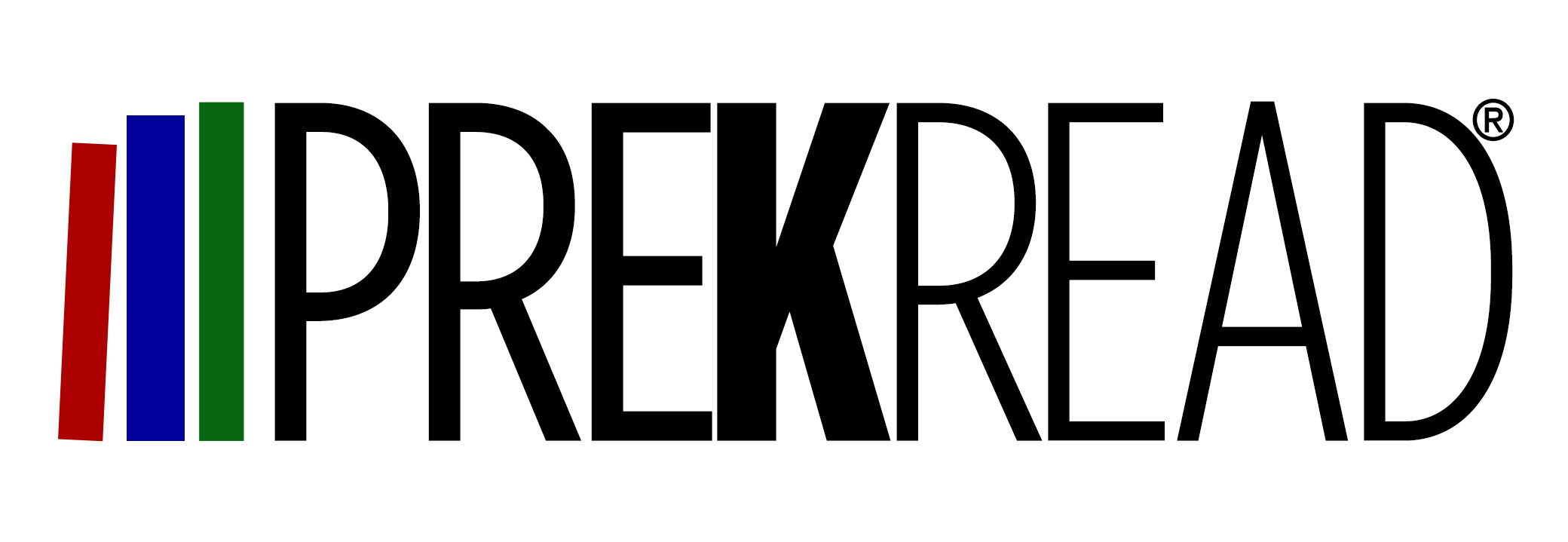Letters and Phonics
Start here! Watch these videos with your child once or twice a day. Talk about letter sounds during normal daily activities. While eating lunch, “A, a, apple. What letter do you think apple starts with?” “B, b, boy. What letter makes the ‘b’ sound?” Point out letters when you see them in the store and keep talking about what sounds they make. Make it fun!
Word Families
Once your child is very comfortable with their letters and letter sounds, start watching the word family videos. Sound out words with your child. Talk about how words in the same family rhyme. Make sure your child is sounding out the words and not trying to memorize or guess at the words. When your child is comfortable with the word families, move on to the high frequency words.
High Frequency Words
English can be a difficult language to learn because we break so many rules. While learning phonics is vital to fluent reading, there are times certain words need to be memorized because they don’t follow typical phonological rules. ‘Is’ being pronounced ‘iz’ rather than ‘iss’ is just one example. Other words like ‘the’ occur so often in English that children need to learn it before they learn compound sounds such as ‘th’ and ‘ch.’
Books
After your child is comfortable with simple word families and some high frequency words, sit down and read through some of our stories, which were written to directly correlate with the previous curriculum. It is important for children to be able to see their progress and feel they have mastered these skills, and being able to read a story creates a huge sense of accomplishment, pride, and satisfaction.
Consonant Digraphs
When two letters together make a new sound, it is called a digraph. For example, ‘sh’ together make a different sound than ‘s’ and ‘h’ separately. Go through the videos with your child, and talk about the words. Try to think of other words that have digraphs.
Punctuation
As you read books with your child, point out the various punctuation and talk about it. When would you use a question mark? If someone were shouting, what punctuation would you use? Also, compound words and where to put the apostrophe can be tricky to learn. Remember the apostrophe goes in place of the missing vowel. ‘We are’ becomes ‘we’re.’
